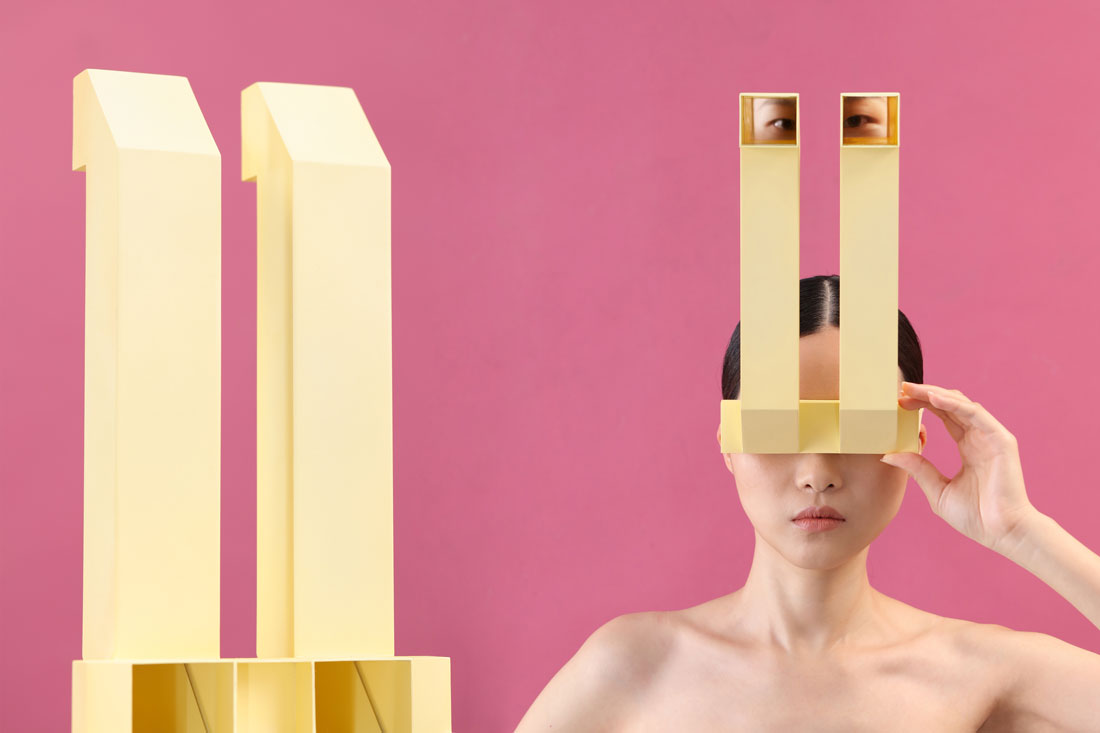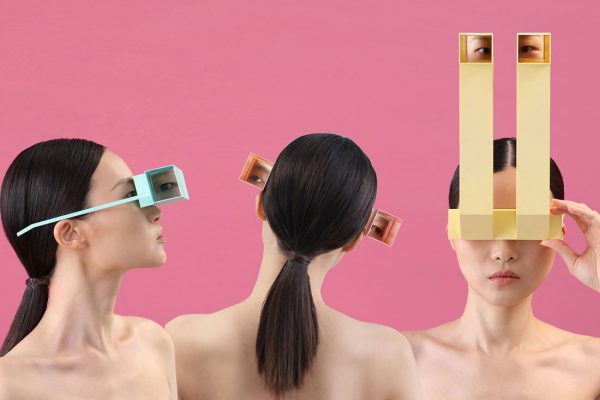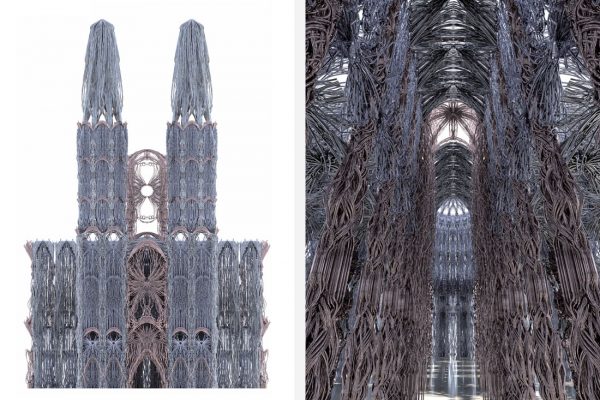How might we renegotiate the interfaces between people, buildings and their surroundings? Three design concepts from the Golden Pin 2018 awards cycle offer fresh perspectives.

Things are heating up in Taiwan for the annual Golden Pin 2018 Concept Design Award. The 45 winners of Design Marks have just been announced after a judging session at the Taiwan Design Museum in Taipei. All of the winning design concepts are now in the running for one of three Best Design trophies and a cash prize. Final Selection judging will take place on September 21, and the Best Design winners will be announced at a ceremony on November 29.
This award for concepts sits under the umbrella of the Golden Pin award group, which was established to celebrate design created for the Chinese-speaking market. The basis of the Golden Pin program is that Chinese-speaking consumers demand products and designs tailored to their needs and desires – which can be extremely varied. Domestic and international companies selling products and undertaking design projects for this complex context must, says Golden Pin, couple an understanding of centuries of civilisation with a keen sense of local trends.
The Golden Pin Concept Design Award Design Mark winners are the top one per cent of entries, and they were submitted from Taiwan, China, South Korea and the UK. They are awarded in four categories: Product Design, Visual Communication Design, Packaging Design, and Spatial Design.
Judges this year have noted some trends in the entries. For example, Shu Chang Kung (President of the Chinese Society of Interior Designers) observes that spatial designers are increasingly highlighting the importance of building materials, production models, and the relationship of artificial structures with the environment. These considerations, he observes, are becoming more important than the design itself.
Meanwhile judges Keng-Ming Liu (Creative Director of Bito) and David Wang (Founder of bod design corp.) noted strong evidence of ‘localisation’ among the Design Mark winners – reflections of cultural phenomena in the designer’s local area, or evidence of concern for workers in the agriculture, forestry, fishery and farming industries.
Here we highlight three of the most intriguing Design Mark winners from the Golden Pin 2018 cycle:

In the Product Design category, Change View by Luo Shuzhen (Dongguan GAFA Cultures and Creativity Institute, China) throws typical modes of human observation into question. New perspectives are granted by this series of eyewear, which combines carefully positioned mirrors with a variety of goggle structures. The periscope-like goggles refract different viewing angles, apparently granting side, rear and elevated perspectives – an augmentation of the body’s normal capabilities and an analogue echo of the altered viewpoint that comes with augmented or virtual reality. What this could mean for the Instagram view of the world is anyone’s guess! Luo hopes Change View will inspire new methods of communication.

In the Spatial Design category, Build Fender by Chi-Shan Chen (Taiwan) is a concept for a building with a biological function. It was designed as a means of metabolising the damaging pollution caused by human activity – in particular the rapid advancement of industry. The building is a composition of cells, each of which has a role in the purification of the overall environment of the building. Cell walls control the entry and exit of materials, much like the cells of plants and fungi.

Autonomous Tectonic – Meta Matter by Chen Wei-Ting (Taiwan) was also successful in the Spatial Design category. It is a process of material production that generates form, gradually changing the output in response to the setting. Chen demonstrates it with the form of a gothic cathedral, but Meta Matter could take any form. Custom-designed 3D printing robots generate the output.
The Golden Pin Design Award Group is executed by the Taiwan Design Center and organised by the Industrial Development Bureau, Ministry of Economic Affairs, Taiwan. Images courtesy of Golden Pin 2018.
A searchable and comprehensive guide for specifying leading products and their suppliers
Keep up to date with the latest and greatest from our industry BFF's!

Savage Design’s approach to understanding the relationship between design concepts and user experience, particularly with metalwork, transcends traditional boundaries, blending timeless craftsmanship with digital innovation to create enduring elegance in objects, furnishings, and door furniture.

Sub-Zero and Wolf’s prestigious Kitchen Design Contest (KDC) has celebrated the very best in kitchen innovation and aesthetics for three decades now. Recognising premier kitchen design professionals from around the globe, the KDC facilitates innovation, style and functionality that pushes boundaries.

Create a configuration to suit your needs with this curved collection.

In the pursuit of an uplifting synergy between the inner world and the surrounding environment, internationally acclaimed Interior Architect and Designer Lorena Gaxiola transform the vibration of the auspicious number ‘8’ into mesmerising artistry alongside the Feltex design team, brought to you by GH Commercial.

Reinvigorating its local Angsila economy, this pavilion in Thailand becomes a floating restaurant where fishermen and visitors can select and eat their own oysters. No wonder it won The Influencer award at INDE.Awards!

It’s like looking into a giant eye: Laizhou Bar has been assembled using 6000 pieces of wood from discarded whisky barrels. The whole experience of this whisky bar has won it an INDE.Award in 2023.

The Victorian Heart Hospital by Conrad Gargett plus Wardle has won The Health and Wellbeing Space at the 2023 INDE.Awards. It sets a new design agenda where patient and staff wellbeing is central to function and form.

Sheeth Headquarters has just received a Workplace Design Commendation at the 2023 Australian Interior Design Awards. Read our INDESIGN Magazine exclusive on the Marrickville warehouse refurb that redefines the term ‘industrial-luxe’.
The internet never sleeps! Here's the stuff you might have missed

MECCA’s Customer Support Centre stays put, but Studio Tate’s interior design has added totally new layers of colour and energy to the space.

Art, design, architecture and hospitality all combine perfectly at The Ritz-Carlton, Melbourne by BAR Studio and Cottee Parker.